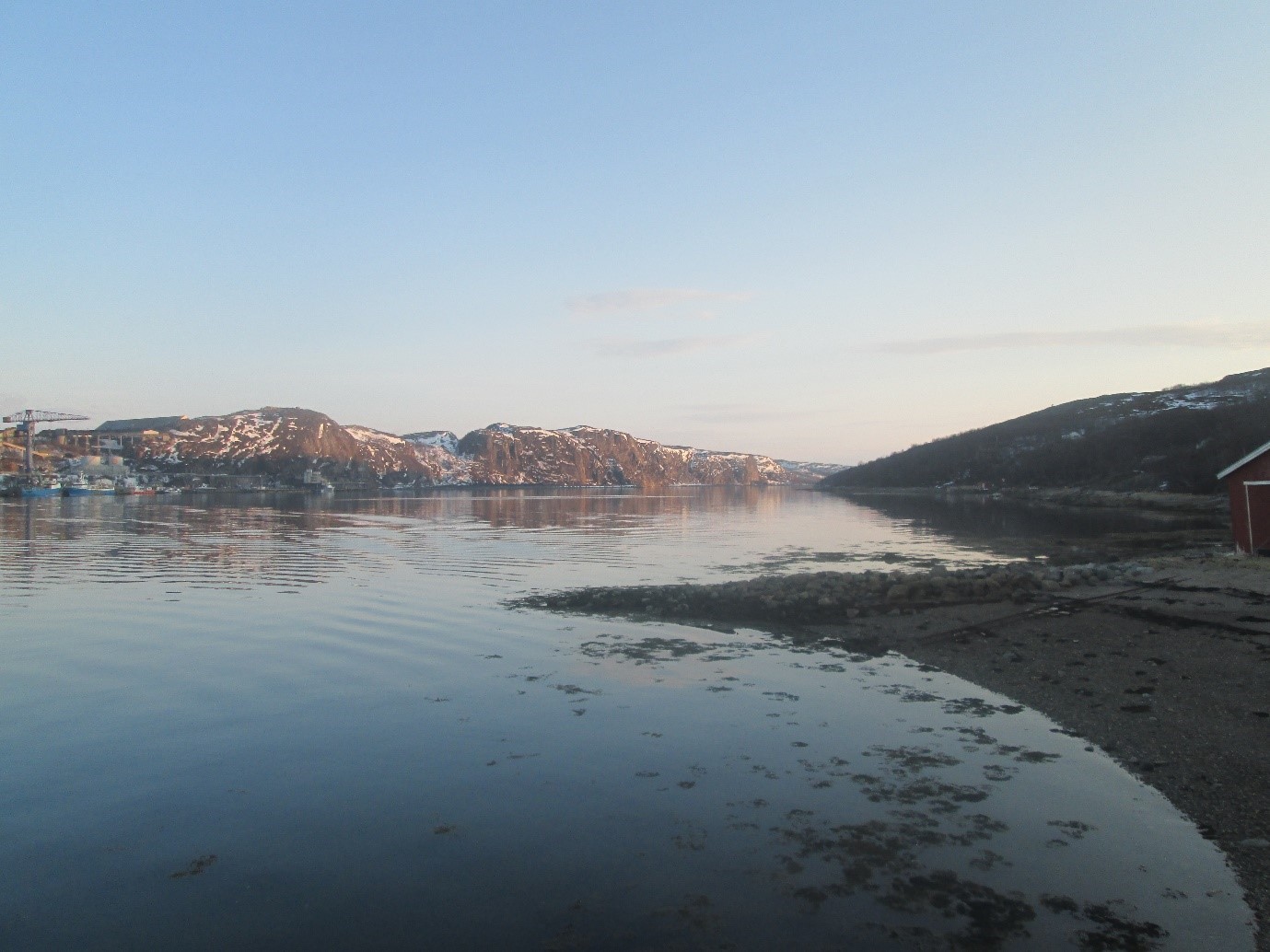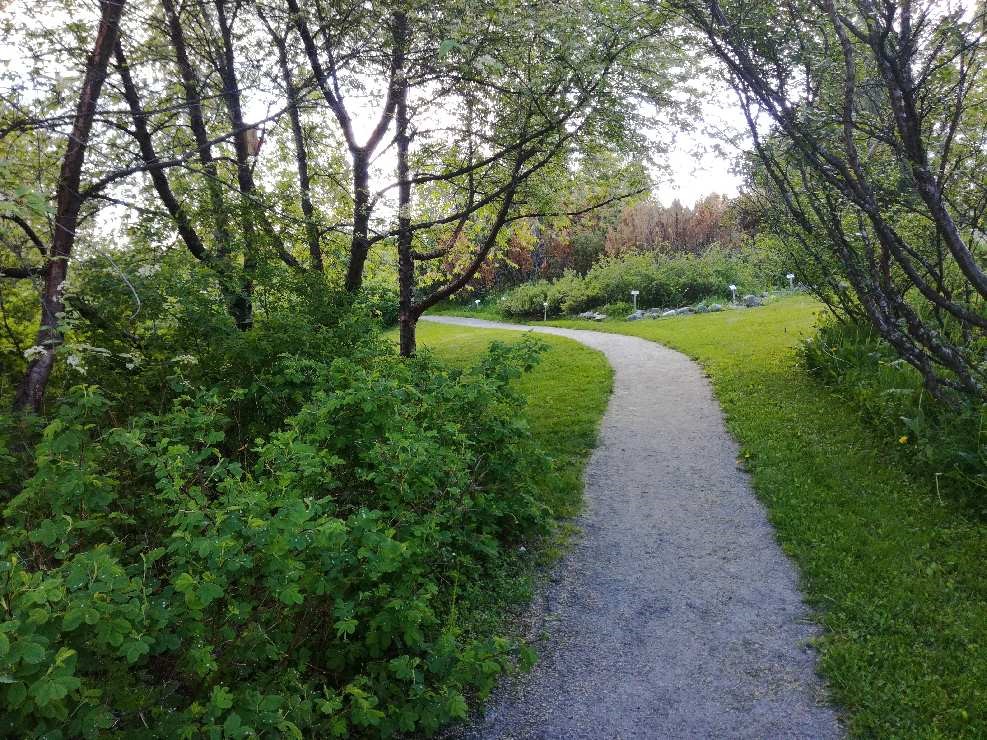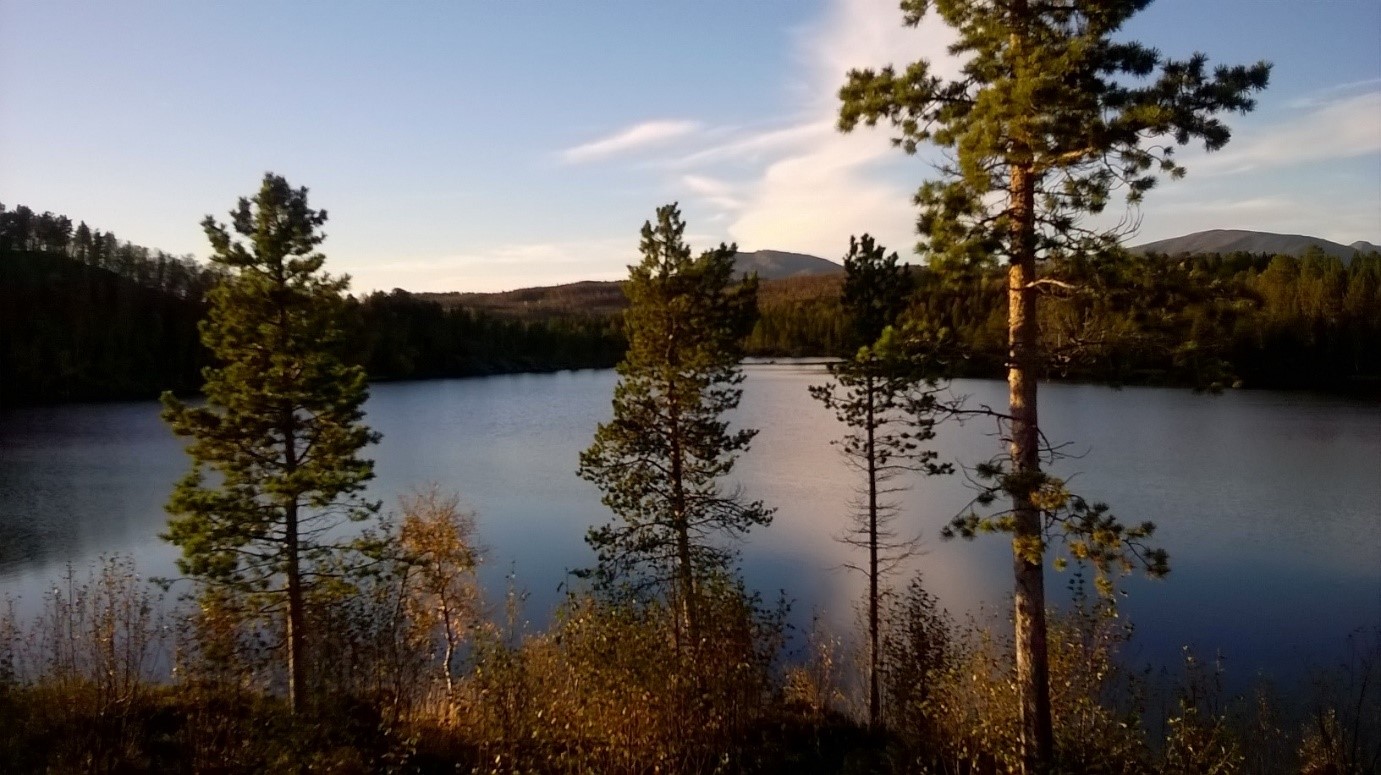This year the colloqium of the Finnish environmental social sciences met in Rovaniemi at University of Lapland in November 21-23 gathering approximately 120 researchers and experts to discuss human, natural and non-human relationships. Here are some greetings from the colloquium.

The key note speech by Laura Watts, an anthropologist and science-fiction author from University of Edinburgh, Scotland, on the first day of the colloqium was a very impressive narration about the Orkney islands “at the edge” of our energy futures. She presented the islands as a place already situated in the energy future of renewable energies, electric cars, low levels of emissions and supporting infrastructure. These islands provide 120 % of its energy based on renewable energy, on wind and wave power; form an island society living on marine energy, its required expertise and infrastructure; and its potentiality to become economically independent by selling the overflow of energy to the main land but constrained for the moment by an old pipeline. While we talk in Lapland about Arctic expertise to be developed in the future, as the capacity to come up with innovative, new products and services based on our extreme climatic and environmental conditions to advance our competitiveness, either regionally or nationally, in comparison the Orkney islands are already there, already doing it.

Another interesting key note was by professor Phillip Vannini from the Royal Roads University in Canada on the second day of the colloqium. He spoke about his current project to study natural parks around the world to study the human, natural and cultural contacts in them. He challenged the idea whether any of these places is really wild, often understood as a place of wildness, or wilderness, as many of them are actually more like cultural landscapes. For example, he showed a piece of video, filmed in my understanding in the Italian alps, which for most of us looked like a “Milka” country with beautiful mountains, fields and cows wandering under blue, sunny skies. However, Vannini claims that this is not a natural place, it is a cultural landscape, and managed by the joint efforts of the local farmers and animals. Without them and their work, the landscape would look like quite different. The presentation inspired the colloquium participants to discuss the difference between the word “wilderness” and its understanding in English and Finnish. In Finnish, wilderness is not a place outside human activities and interactions with nature, it is a place to go hunting, fishing and gathering berries and mushrooms.

Our research group had also a session at the colloquium on Politics of Materiality in the Arctic. Nine presentations discussed resources – human, natural and others – and their role producing social imaginaries and potentialities as well as contestations and complicated entanglements for the current and future Arctic developments. Many of these presentations will be developed further into chapters for our joint book project “Arctic social and cultural sustainabilities” (ed. Monica Tennberg, Hanna Lempinen and Susanna Pirnes) and to be published by Routledge next year.
Text and photos: Monica Tennberg